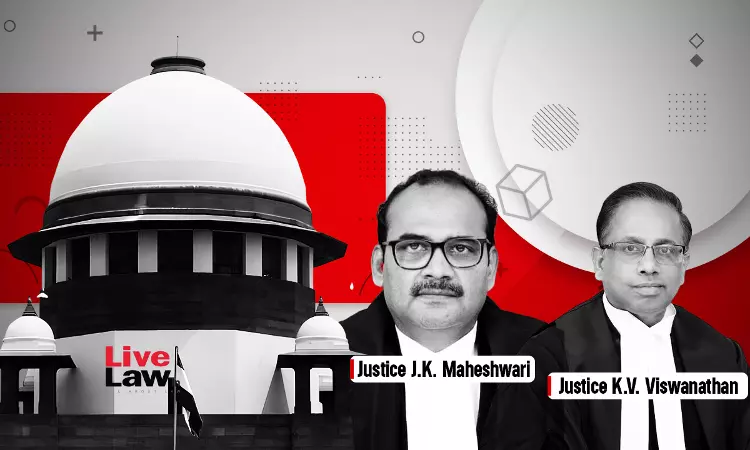The Supreme Court reiterated that to strike down the provisions of a law or to declare certain rules as ultra vires, there must be a specific pleading and a request for such a relief in the case. The Court observed, “It is a trite law that for striking down the provisions of law or for declaring any rules as ultra vires, specific pleading to challenge the rules and asking of such relief...

